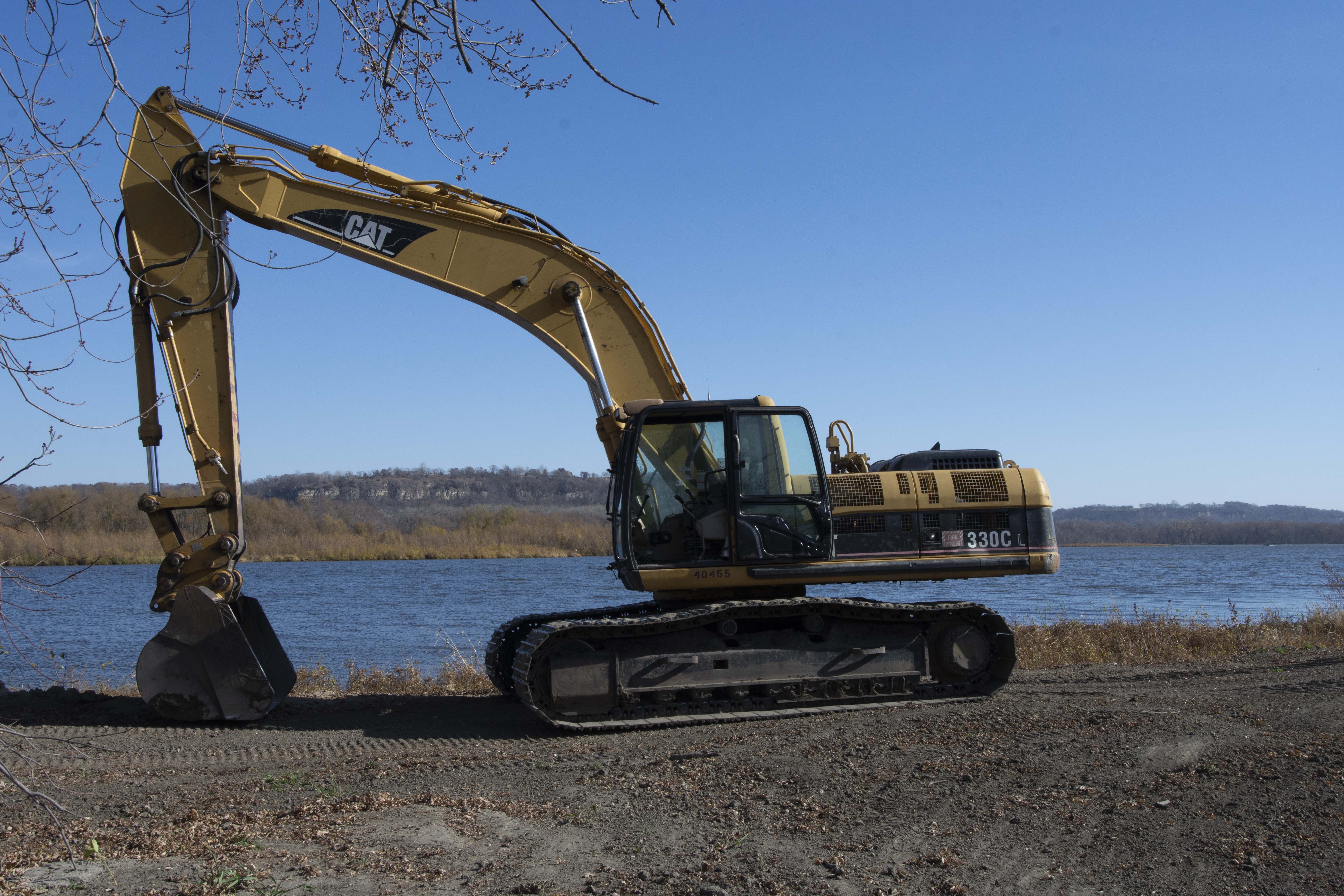Description
The Tribal Partnership Program (TPP) provides authority for the U.S. Army Corps of Engineers to utilize TPP to perform water-related planning activities and activities related to the study, design and construction of water resources development projects located primarily on tribal lands that substantially benefit federally recognized tribes.

Buffalo Slough TPP
Process
To start the process, a tribe submits a study request to the U.S. Army Corps of Engineers. The Corps evaluates the request, and if viable, the Corps works with the tribe to determine a scope of work and enters into a Feasibility Cost Sharing Agreement (FCSA). Following the execution of the FCSA, the Corps seeks federal funding for the study.
Once funding is obtained, the Corps initiates a feasibility study where costs are shared with the tribe. During the feasibility study phase, the Corps and the tribe identify potential solutions, analyze the costs, benefits and environmental impacts, and develop a recommended project. If a project is deemed feasible, the tribe and the Corps must enter into a project partnership agreement (PPA) to obtain funding and move forward with the initiation of the project.
Authority
The TPP is authorized by Section 203 of the Water Resources Development Act of 2000 (Public Law 106‒541).
Funding
Under TPP, FSCAs qualify for a cost-share waiver of up to $648,000 in addition to being fully federally funded for the first $200,000. PPAs qualify for an additional waiver of $648,000 deduction of the tribes cost share. Additionally, all tribes regardless of the per capita income of will now qualify for additional cost-share reduction under the 1156 Waiver.